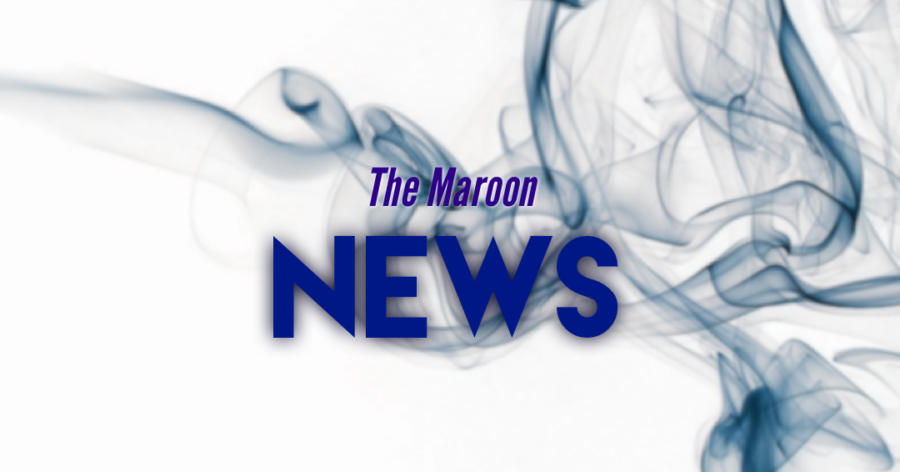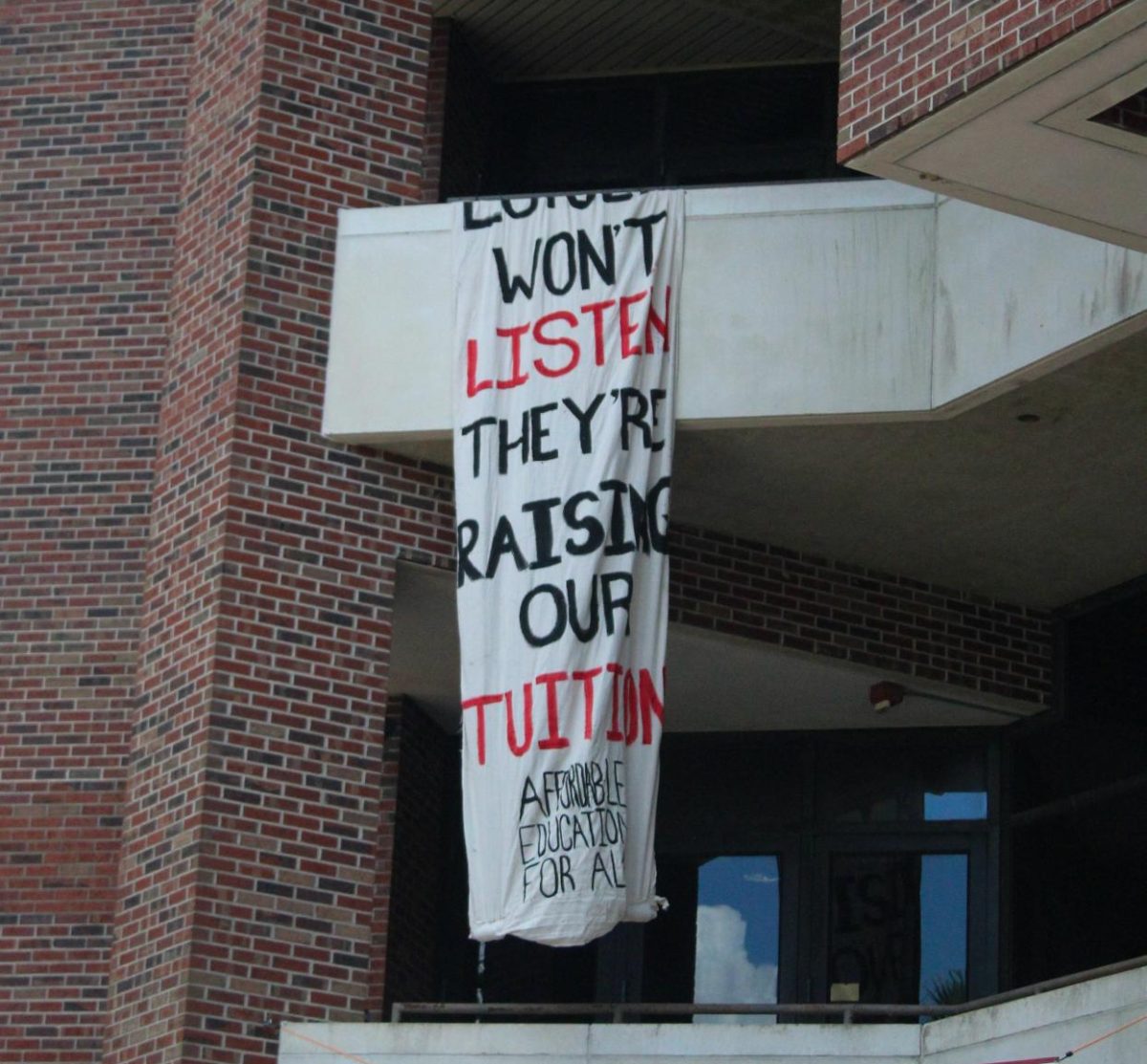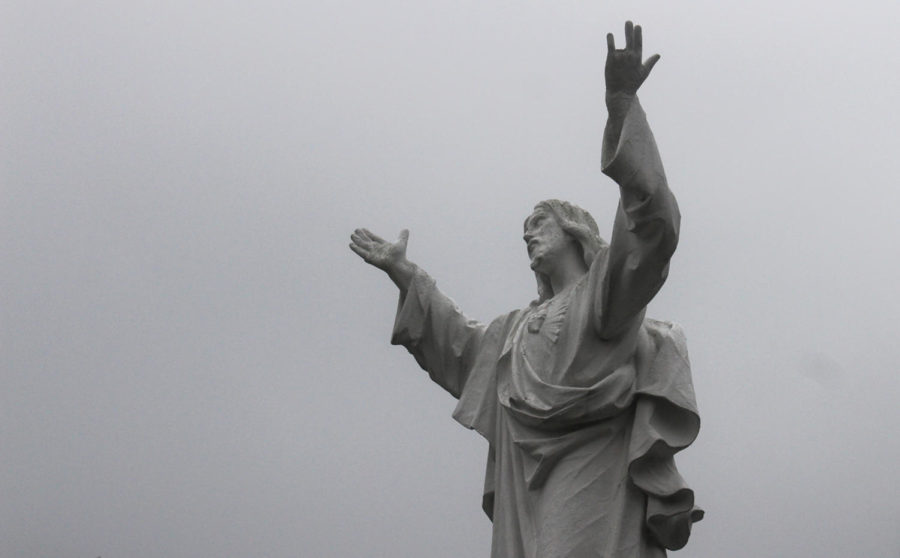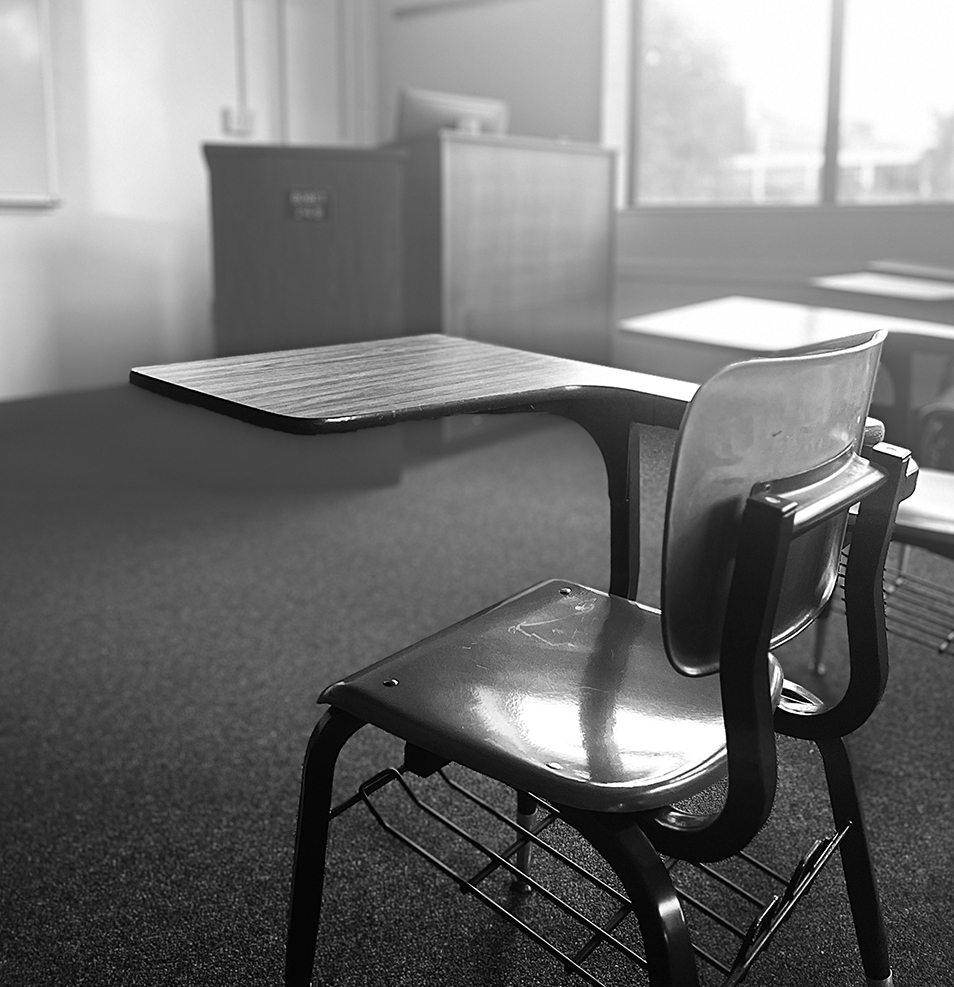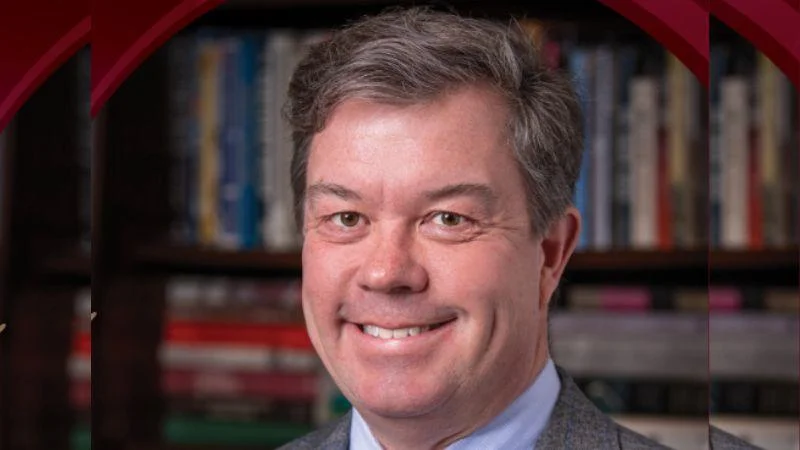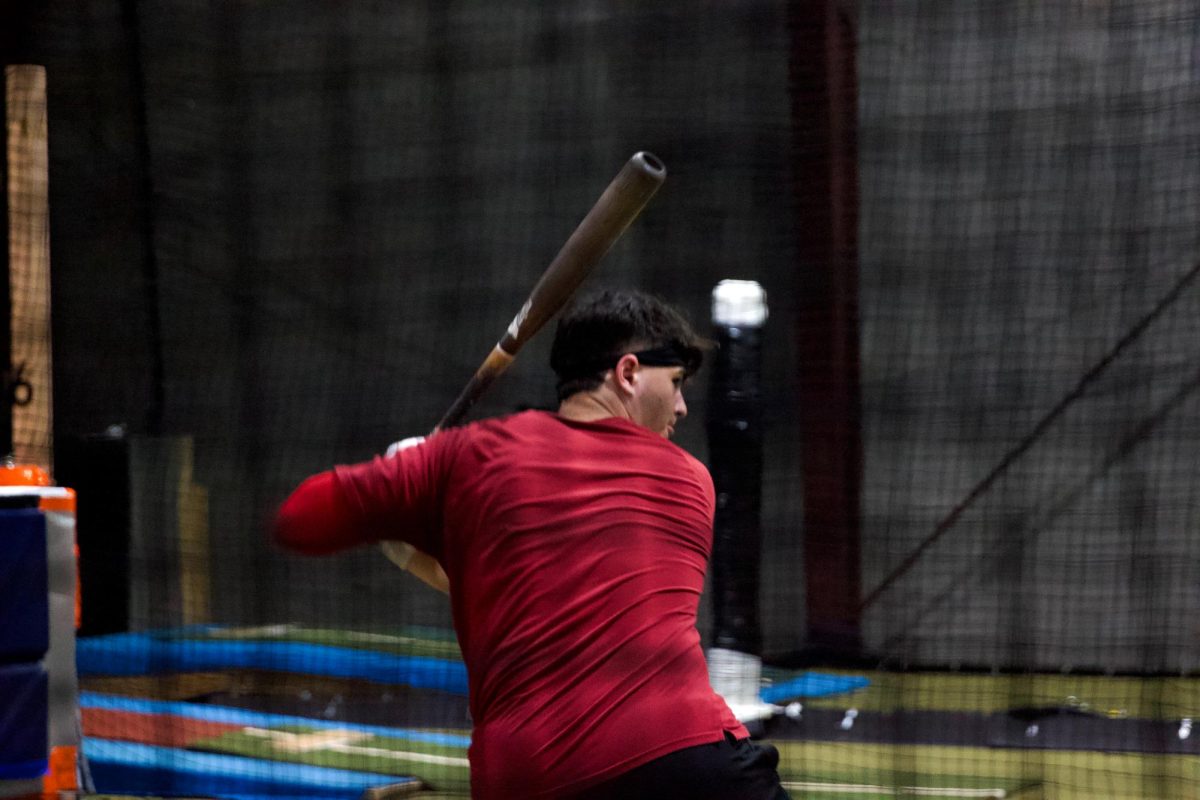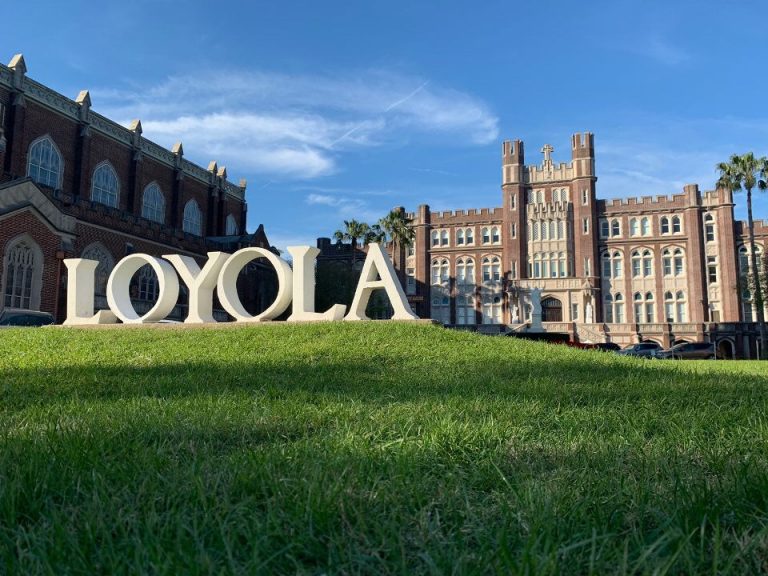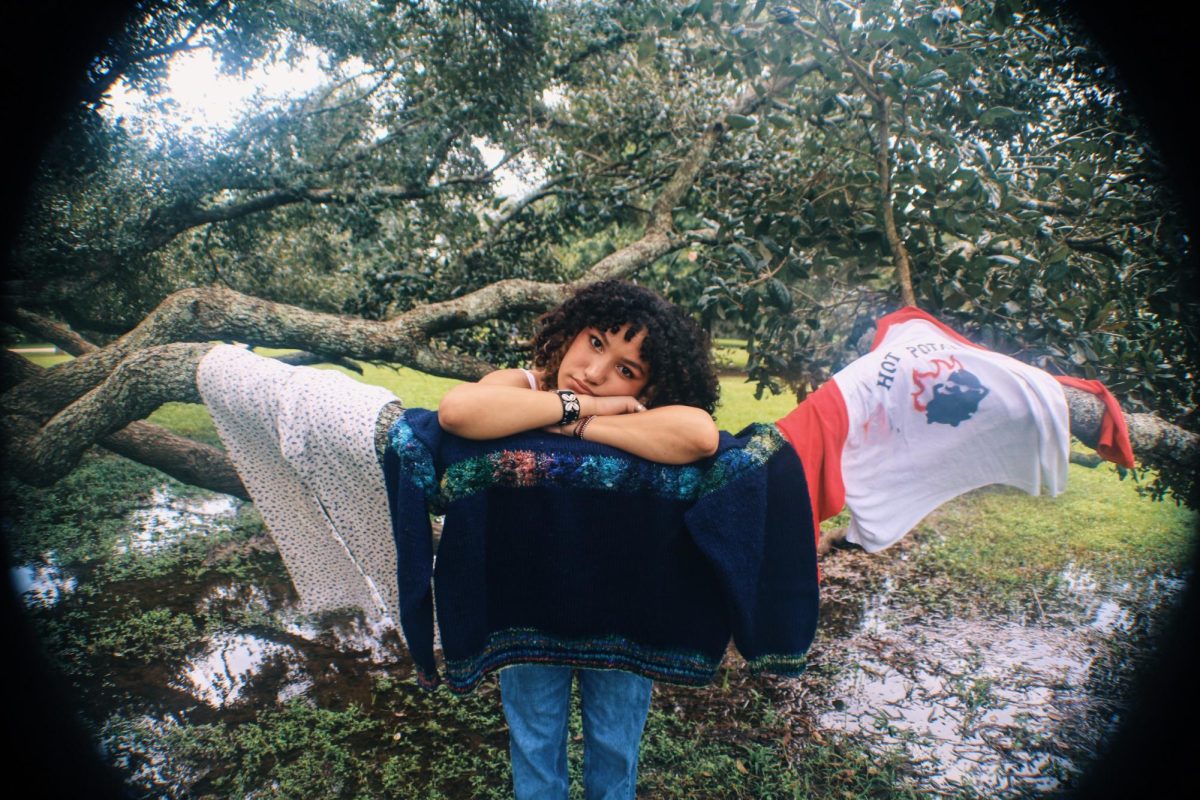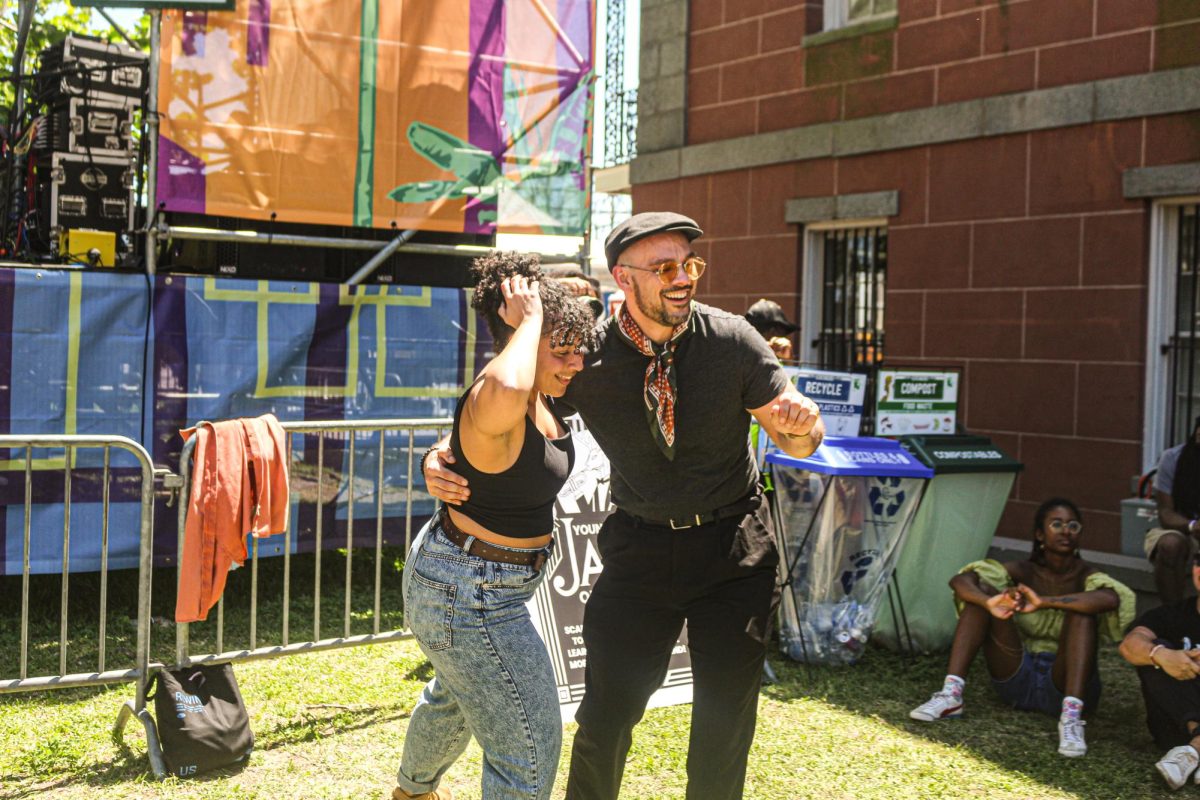In an effort to reach students that are, “in the margins,” the University Planning Board held an event titled “#Being In the Margins.” on Sept. 13.
The board hoped to address how microaggressions, derogatory words and actions that people commit with intent and without, affect marginalized groups.
This new series focused on what being pushed out to the edge of society and not allowed a voice is like. The event included a panel of diverse students and staff who talked about marginalization in their roles at Loyola and in society as a whole.
Racheal McGee, psychology senior and host of the event, explained that the University Programming Board started the series so Loyola community members could learn about diversity from each other’s experiences.
“In the past, there has been a gap in social justice and inclusion-based events,” McGee said. “Of course, there are the events held by the Office of Diversity and Inclusion, but it’s good to have programs like this put on by students to provide a new outlet to reach people and get them educated about these issues.”
Sophie Trist, panelist and English writing senior, described how some people see her disability before they see her.
“There have been times when I go out to eat with a few of my friends and the waiter would go, to my friends, ‘What does she want?’ as if I can’t speak or make or execute my own decisions, being disabled,” Trist said.
Heather Malveaux, university minister and panelist, discussed a microagression that concerns her, when people believe they must change their dialect or use slang terms to interact with her.
“We are professionals. Do not look at me and think you have to pretend to be someone you’re not in order to have a conversation with me. We’re here for a professional purpose,” Malveaux said.
McGee said it is important for people to be aware of how they interact with others and to integrate knowledge of how microaggressions affect people into their everyday lives.
She said she hopes the event and the other lectures will educate the Loyola community and teach people to have discussions rather than arguments.
“They can #Be a part of the solution,” McGee said.


